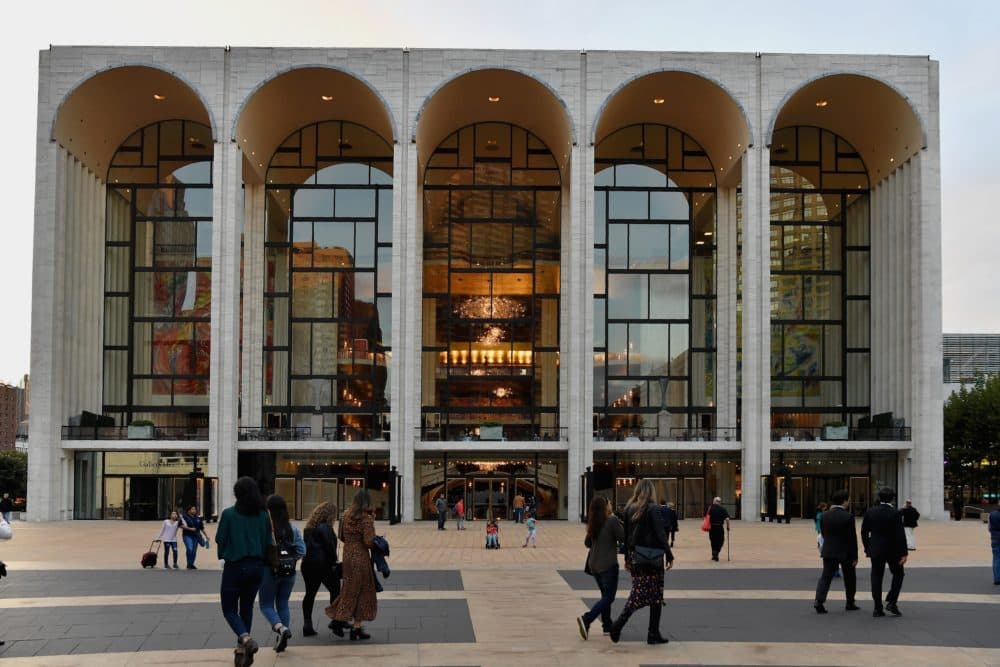Advertisement
How Companies Can Invoke Force Majeure In A Pandemic
Resume
After New York's governor banned large gatherings at the start of the coronavirus pandemic, the head of the Metropolitan Opera invoked a contract clause called force majeure and laid off all unionized workers.
Now, the legal world is expecting a wave of litigation. Businesses have been citing the government-mandated closures because of the pandemic, saying it’s a force majeure — “an event or effect that cannot be reasonably anticipated or controlled” or similar to “an act of God,” according to the Merriam-Webster dictionary.
Nancy Kim, professor of internet studies and law at California Western School of Law, says the wording of these clauses is key.
Take for example if a contract says parties will be excused from performance because of an event not within their reasonable control, such as a fire.
“In that case, if the event that occurs is not like the ones that are listed out there, then you're out of luck,” Kim says. “But if you said ‘including but not limited to,’ then you might be in luck. These little changes in wording make a big difference.”
Some contracts do not have force majeure, but a party may be able to get out of an obligation by using other contract defenses such as impracticability or frustration of purpose, meaning “when something happens that’s unexpected,” she says.
“Under most force majeure clauses, the performance has to actually be prevented,” she says. “The pandemic isn't preventing, unless you're actually ill, somebody from performing, whereas a law or a governmental order which tells you that you can't open your business is preventing you from being able to perform.”
Interview Highlights
On the leverage to use the clause when there’s a government order
“In most cases, it will be the governmental order because … unless you're sick, your business isn't actually going to be prevented from doing what they're supposed to do. It's just the concern you have for your employees or for yourself that might cause you to take precautions. And so the governmental orders have been helpful in a sense in that they've provided companies with something to justify their inability to perform. The concern is that when these restrictions start to be lifted, governors should be very careful in how they word the lifting of restrictions. There should be some, you know, cautionary languages. Businesses that are not able to provide the necessary safety equipment must not open, something to that effect, because otherwise businesses might be put in a position of having to fulfill their contractual obligations when they're really not ready in terms of having the necessary equipment to be able to do so.”
On other examples where force majeure may be used
“Well, they're going to be used in a lot of different situations, especially when you have businesses and suppliers and you kind of have this domino effect if one party is not able to purchase what they had originally ordered. So there aren't any clear good guys or bad guys in this scenario, and it's going to be a matter of assessing who is in the best position to bear this loss that's created. Another thing I think that courts will be looking at is whether or not a business made an effort to try to meet its contractual obligations without looking to the force majeure as easy out because it's not going to be an easy out. I mean, let's be clear about one thing, it's not a situation where the clause should be used, and I think it will not be successfully used in situations where somebody is just trying to get out of a losing contract.”
Jill Ryan produced and edited this interview for broadcast with Tinku Ray. Serena McMahon adapted it for the web.
This segment aired on May 6, 2020.
